If there is one positive aspect exacerbated by the Covid-19 pandemic, it is the conception of office work, which before the global lockdown was considered sacred by almost all companies. Repeated lockdowns have shown that companies can get by without necessarily filling desks in their buildings (with the consequent savings on rent and consumption), leading to a surge of smart workers and freelancers free to work wherever they want. This blossoming opened up a new perspective for the tourism industry, which was forced to reinvent itself after the pandemic. With work becoming a hook to attract travellers, visas for digital nomads were born, a category that is spreading rapidly and steadily.
Documents in order and an immaculate criminal record, as well as a guaranteed minimum income from foreign companies and health coverage at one’s own expense (and for spouses and children, if any) are generally the three elements around which many countries are developing their offers to freelancers and smart workers. Who, for their part, have the possibility of choosing where to go to work, planning trips that at least initially may vary from six to twenty-four months.
On the other hand, there are many economic and other advantages for countries targeting this category of travellers. As long-term tourists, digital nomads do not threaten local workers because they cannot be hired by local companies, while with house rents, utilities, food, and leisure activities they turn the country’s economy around. With their skills, they also tend to raise the level of local communities through their daily exchange with residents.
Looking at the opportunities for Europeans in the rest of the world, we see what they offer and what it takes to move to other continents, reviewing the digital nomad visas offered by Costa Rica, Malaysia and Colombia.

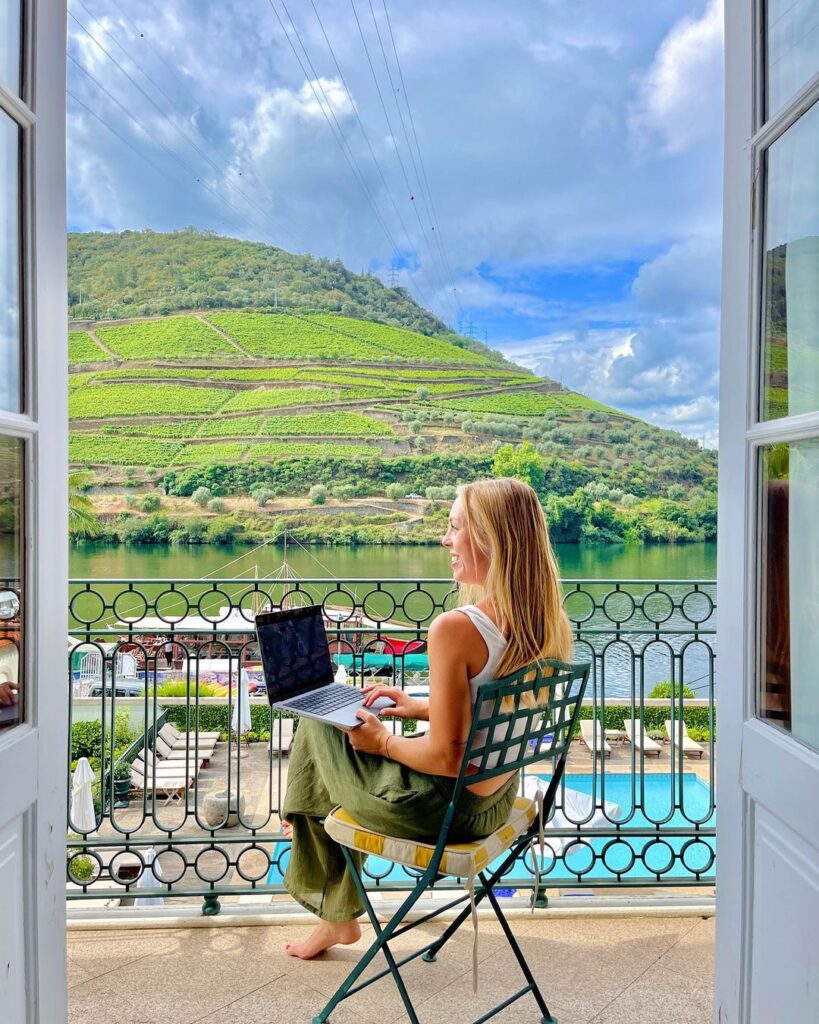
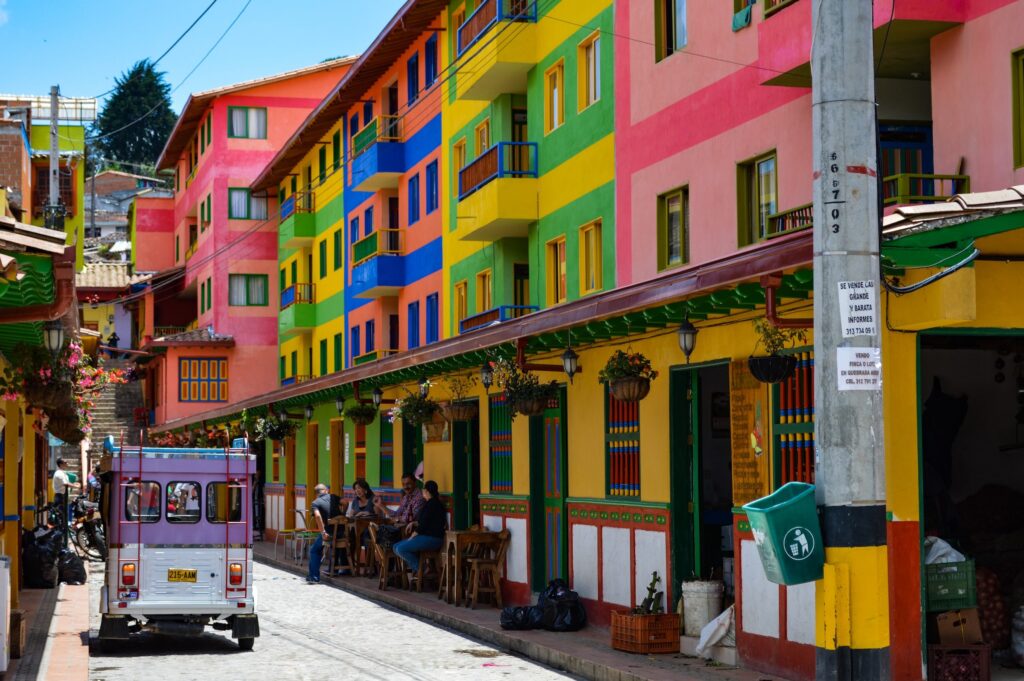
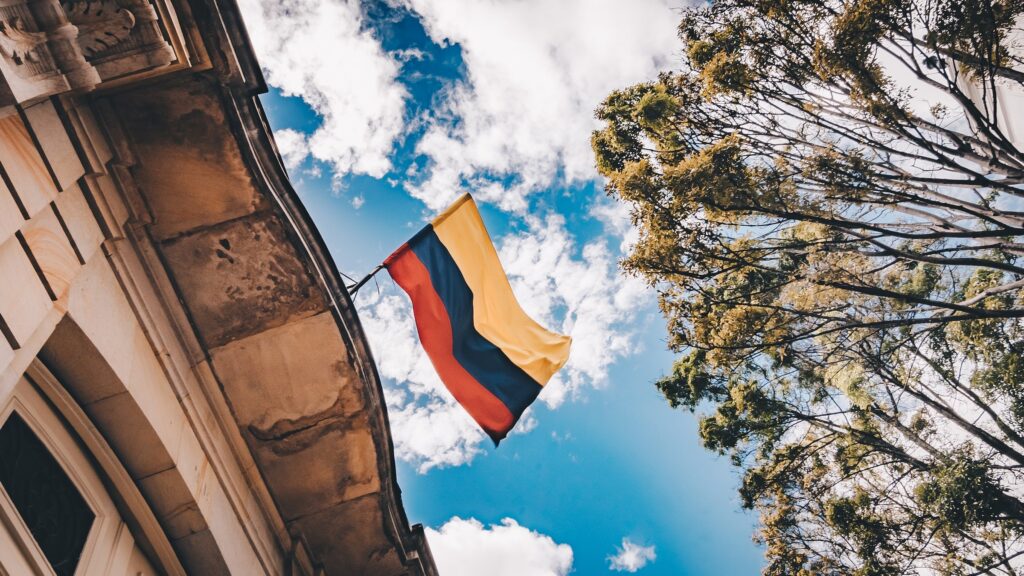
COSTA RICA
Sun, beaches and sea, but also biodiversity, political-economic stability (even the army has been abolished) and the purchasing power of a salary paid by a European or multinational company. These are more than good reasons to consider Costa Rica as an ideal destination for smart workers. It is no coincidence that in recent years they have flocked in large numbers to the country of pura vida, listed in the top 10 best countries for digital nomads by InsureMyTrip, the global leader for websites specialising in travel insurance.
With tourists frequently visiting the country, it was decided to introduce the Digital Nomads Visa (DNV), which allows international residents to work remotely for a period ranging from 90 days to 12 months, with the possibility of renewal for the second year (one must stay in the country at least 180 days in the first year). With a high degree of connectivity, a year-round warm climate and a good air network, Costa Rica is a popular and coveted destination.
Digital nomads here can open a bank account at domestic banks and are not required to pay taxes, as they have to prove that they get their income from a foreign company. Benefits include the exemption of customs taxes on electronic devices needed for work, but also the possibility of using the driving power of the country of origin for the entire stay in the Central American country.
To obtain the DNV one must apply immigration sub-category of Stay (Estancia) for Remote Workers and Service Providers and demonstrate a net stable income of at least $3,000 per month (rising to $4,000 in the case of relocation of other family members). In addition there is the deposit of $100 in a government account and the delivery of the required documents accompanied by a Spanish translation made by translators recognised by the country.
Malaysia
Last September, Malaysia also joined the list of countries that provide a face for digital nomads, through the De Rantau programme. Unlike in the past when one could stay in the country for a maximum of 90 days, one can now plan a long-term move by applying for a 12-month visa, renewable for another year. The tropical climate, spectacular beaches and many special places (such as Langkawi, the island in the north of the country that is surrounded by 99 other smaller islands, and Bako National Park, located in Kuching and a gem of Malaysian Borneo, which I visited in 2012 to my surprise and satisfaction) are a strong attraction for smart workers, who benefit from the low cost of living in the Asian country.
From Kuala Lumpur to Penang and Malacca, Malaysia’s cities are a safe haven, where the crime rate is low, while cafés and coworking facilities abound not only in the most tourist destinations of a country where Wi-Fi is widespread almost everywhere, especially in the big centres. Another aspect to evaluate is the large community of smart workers in the country, which is undoubtedly a help for those who decide to head for Asia (considering that Thailand and Indonesia have already been favourite destinations for freelancers for many years).
Smart workers are required to have an employment contract of more than three months with a non-Malaysian company and an annual income of more than USD 24,000 per year. Freelancers working in the IT and digital marketing sector, on the other hand, can also work for local companies, although they have to prove agreements with foreign companies as well. To apply for the Professional Visit Pass, issued by DE Rantau Nomad Pass, the application is made online and you have to pay the 1,000 ringgit (about 250 euro) fee plus an additional 500 ringgit for each of the family members interested in coming to Malaysia.
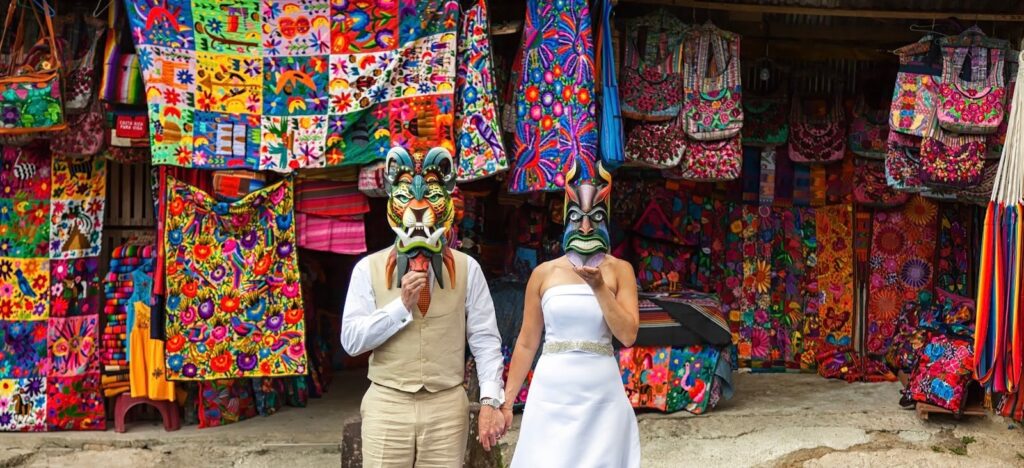

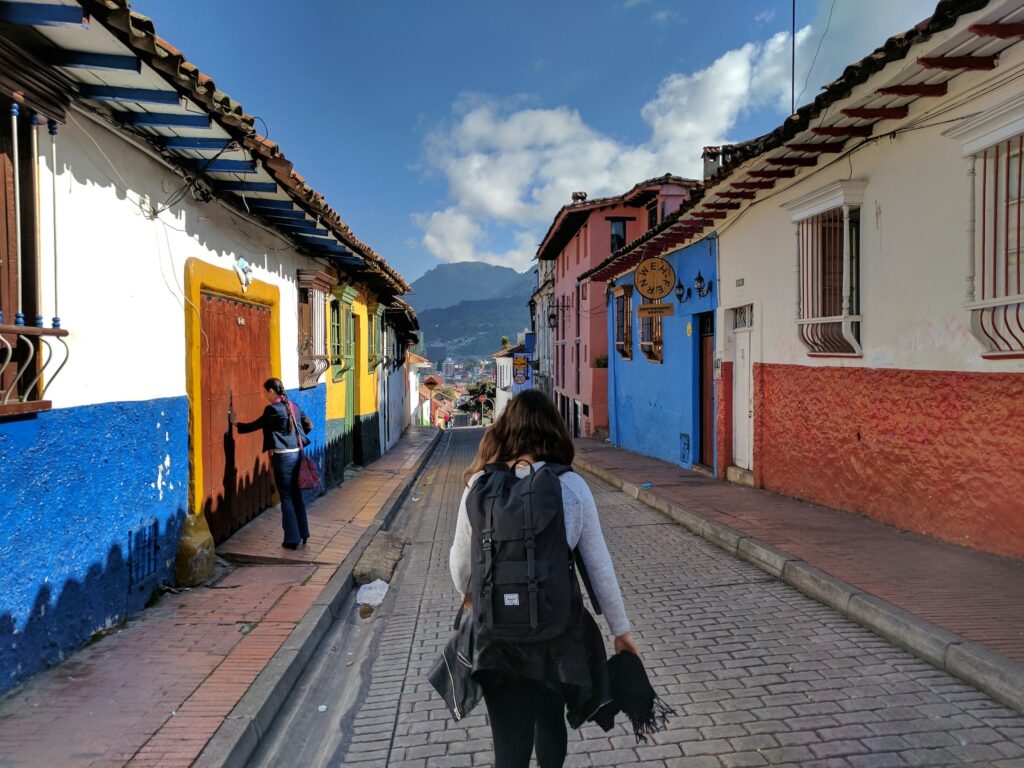

COLOMBIA
The most recent news comes from Colombia, which after witnessing the arrival of many smart workers over the past five years, on 22 October the Ministry of Foreign Affairs officially activated the digital nomad visa. The good news is that unlike in most countries, the road here is very cheap, as the minimum guaranteed monthly income is set at $750. Predictably, then, such a low threshold will trigger a small invasion of digital nomads between Bogotá, Medellin and Cali.
After all, the country has been at the centre of a digital revolution for years, with many startups that are also setting up operations outside its borders and helping to renew the image of a country that in many cases abroad is still only seen as the home of drug traffickers. The affordable cost of living combined with the focus on culture in places like Medellin, also known as the City of Eternal Spring due to its favourable climate, is the best attraction for smart workers.
The ambitions of the Colombian government, moreover, are clear: to make the country the main South American hub for digital nomads, who find here a cutting-edge digital scene thanks also but not only to the incubators that grow young local businesses. That is why even those on the Digital Nomad Visa are allowed to start a business in the digital sector. In addition to a valid passport, in order to apply for the visa, which is valid for two years and allows you to stay in Colombia for a maximum of six months per year, you need health insurance and a letter from your employer proving employment and guaranteed salary.



